Maryhurst - Rosehaven

Overview
Maryhurst - Rosehaven is a mental health treatment center for people seeking treatment near Jefferson County. As part of their treatment modalities for recovery, Maryhurst - Rosehaven provides couples/family therapy, group counseling, and cognitive behavioral therapy during treatment. Maryhurst - Rosehaven is located in Louisville, Kentucky, accepting medicaid for treatment.
Maryhurst - Rosehaven at a Glance
Payment Options
- Medicaid
- State welfare or child and family services funds
- Other State funds
- Cash or self-payment
Assessments
- Comprehensive mental health assessment
- Comprehensive substance use assessment
Age Groups
- Children/adolescents
Ancillary Services
- Case management service
- Diet and exercise counseling
- Family psychoeducation
- Psychosocial rehabilitation services
- Suicide prevention services
Highlights About Maryhurst - Rosehaven
6.65/10
With an overall rating of 6.65/10, this facility has the following balanced range of services. Alcohol Rehabilitation: 8.00/10, Treatment Options: 6.61/10, Drug Rehab and Detox: 6.00/10, Insurance and Payments: 6.00/10.-
Alcohol Rehabilitation 8.00
-
Treatment Options 6.61
-
Drug Rehab and Detox 6.00
-
Insurance and Payments 6.00
Treatment At Maryhurst - Rosehaven
Treatment Conditions
- Alcoholism
- Mental health treatment
- Substance use treatment
- Co-occurring Disorders
Care Levels
- Hospital inpatient treatment
Treatment Modalities
- Couples/family therapy
- Group counseling
- Cognitive behavioral therapy
- Dialectical behavior therapy
- Integrated Mental and Substance Use Disorder treatment
Ancillary Services
Additional Services
- Pharmacotherapies administered during treatment
- Housing services
- Metabolic syndrome monitoring
Special Programs
- Clients with co-occurring mental and substance use disorders
- Clients who have experienced trauma
- Children/adolescents with serious emotional disturbance (SED)
- Persons with post-traumatic stress disorder (PTSD)
Get Help Now
Common Questions About Maryhurst - Rosehaven
Contact Information
Other Facilities in Louisville
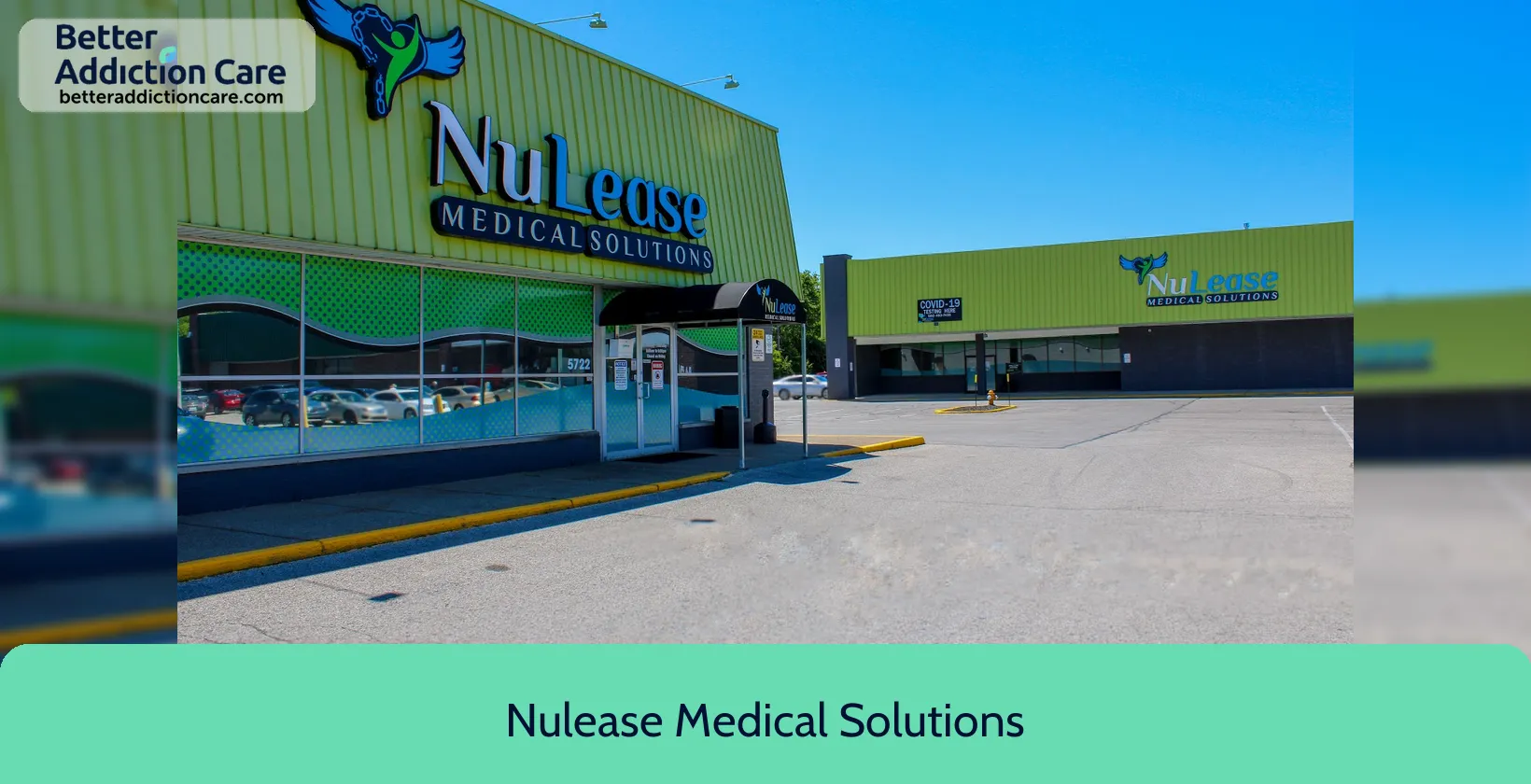
7.20
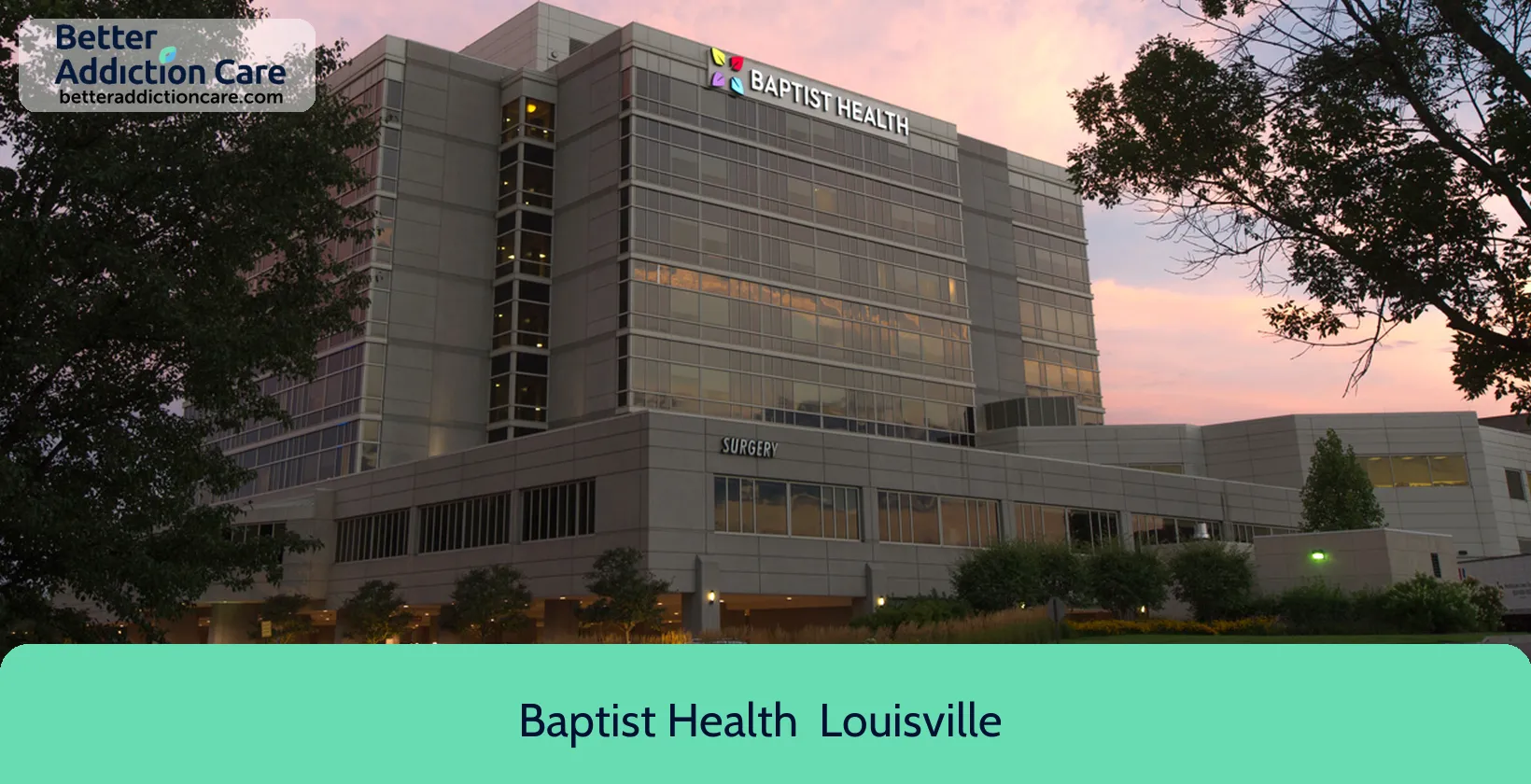
6.65
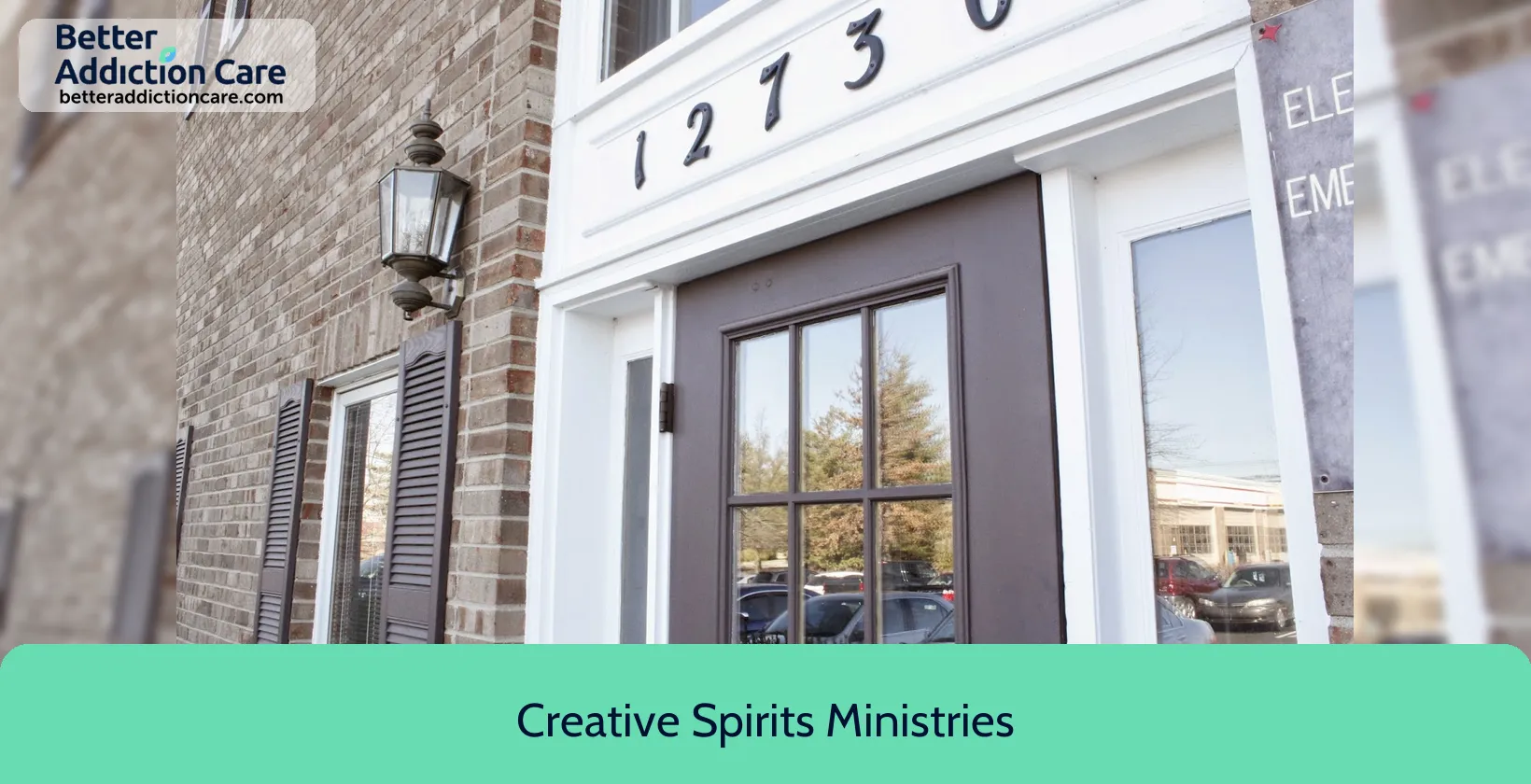
6.56
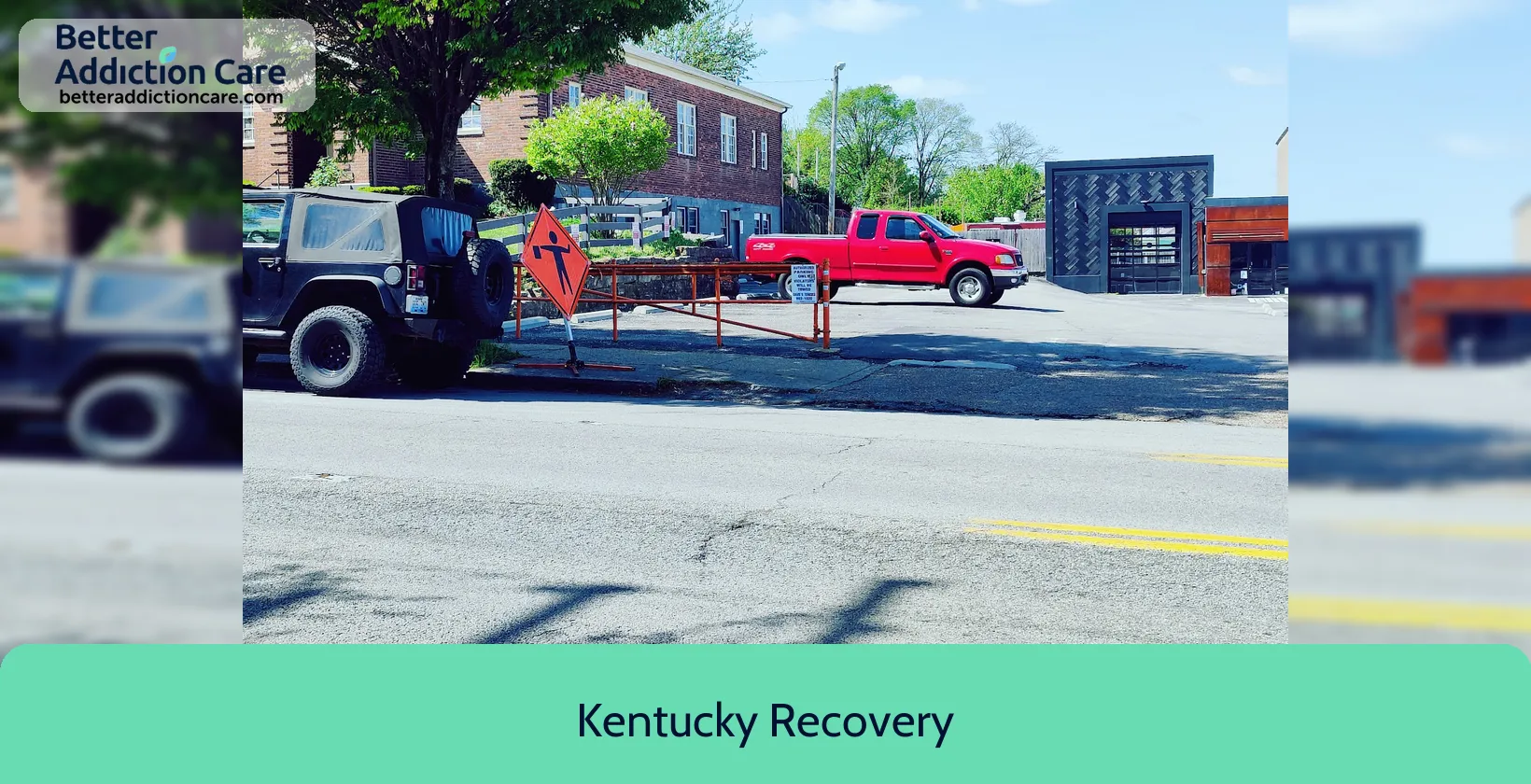
7.02

6.83
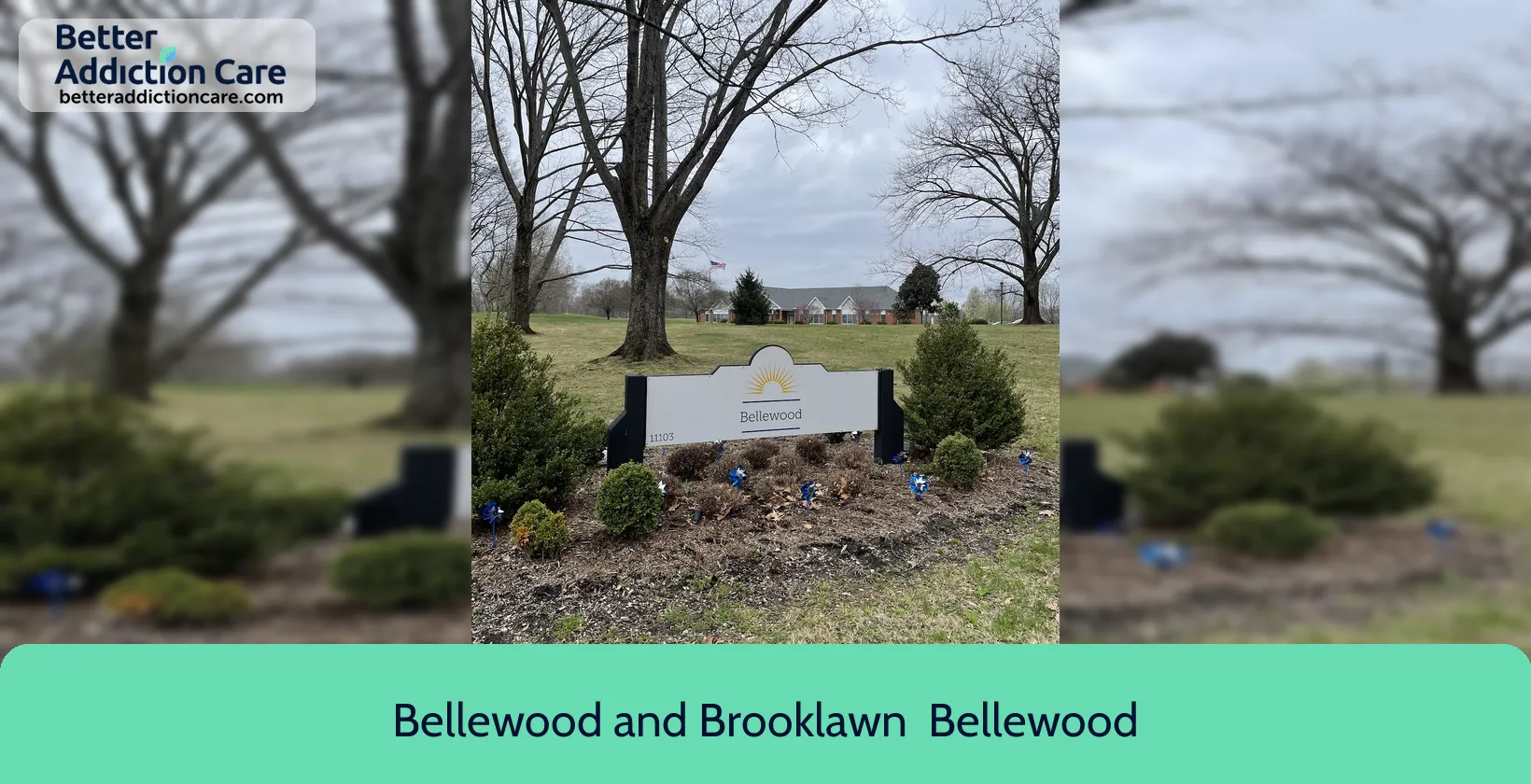
6.74
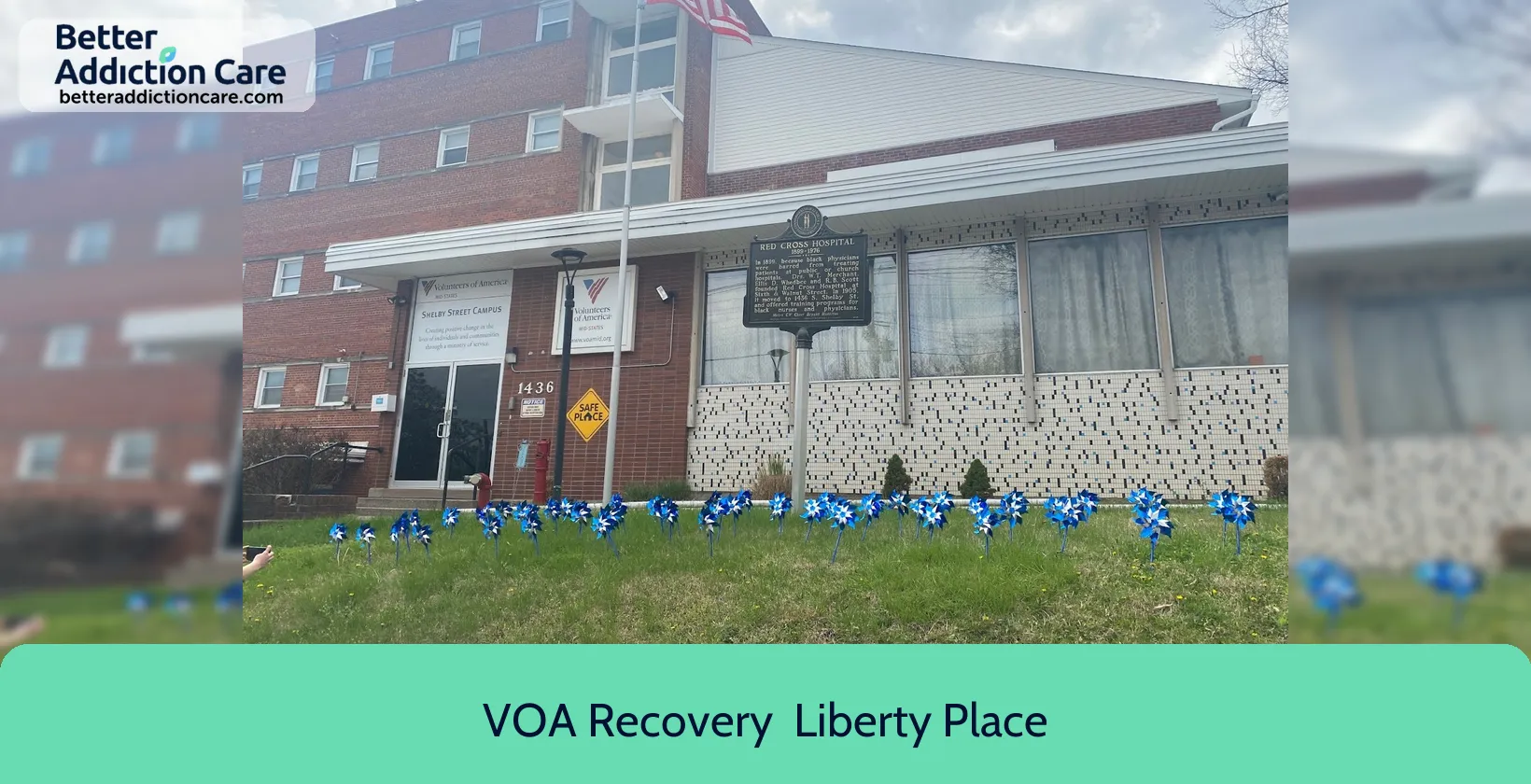
7.29
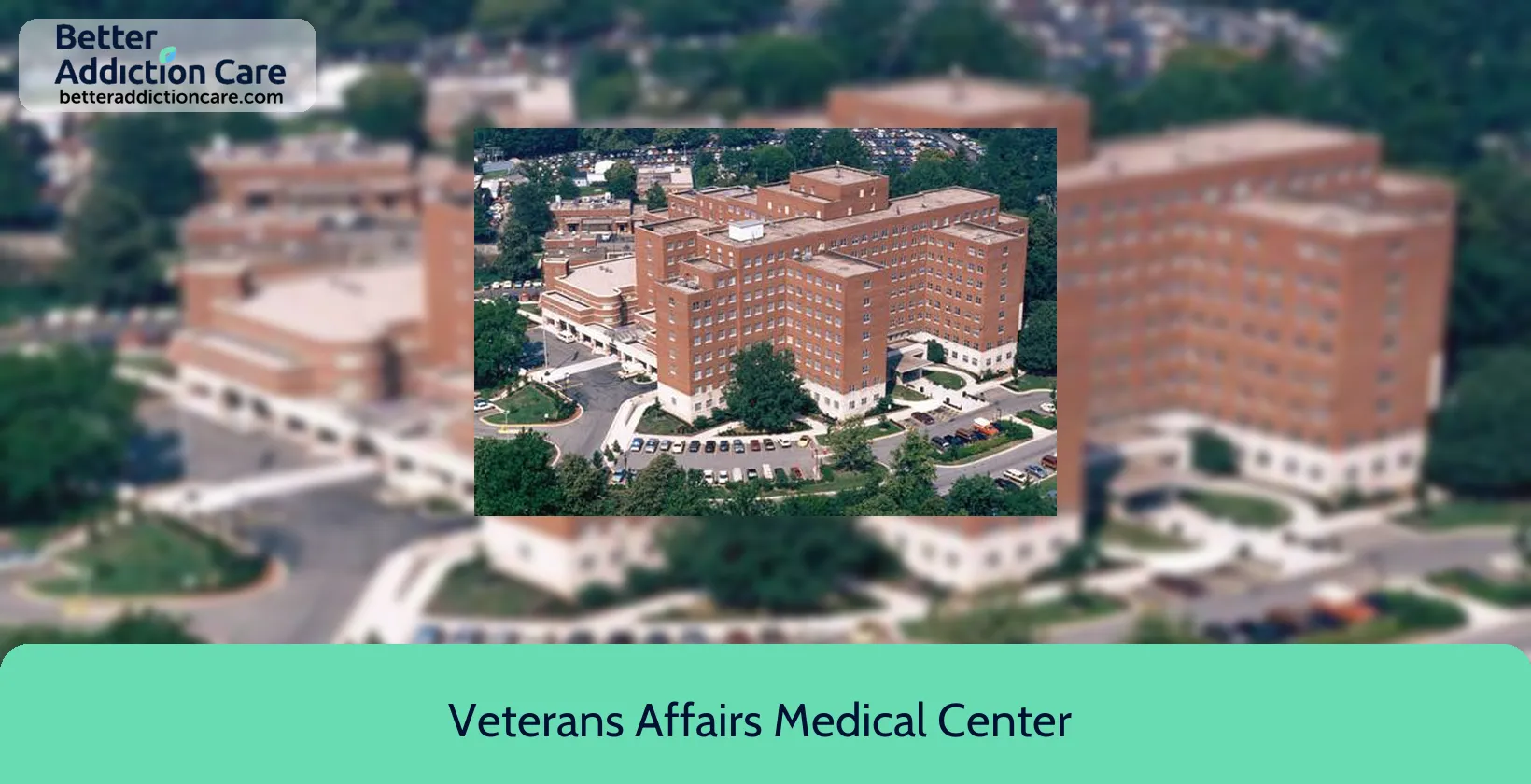
7.52
DISCLAIMER: The facility name, logo and brand are the property and registered trademarks of Veterans Affairs Medical Center - Substance Abuse Services, and are being used for identification and informational purposes only. Use of these names, logos and brands shall not imply endorsement. BetterAddictionCare.com is not affiliated with or sponsored by Veterans Affairs Medical Center - Substance Abuse Services.
